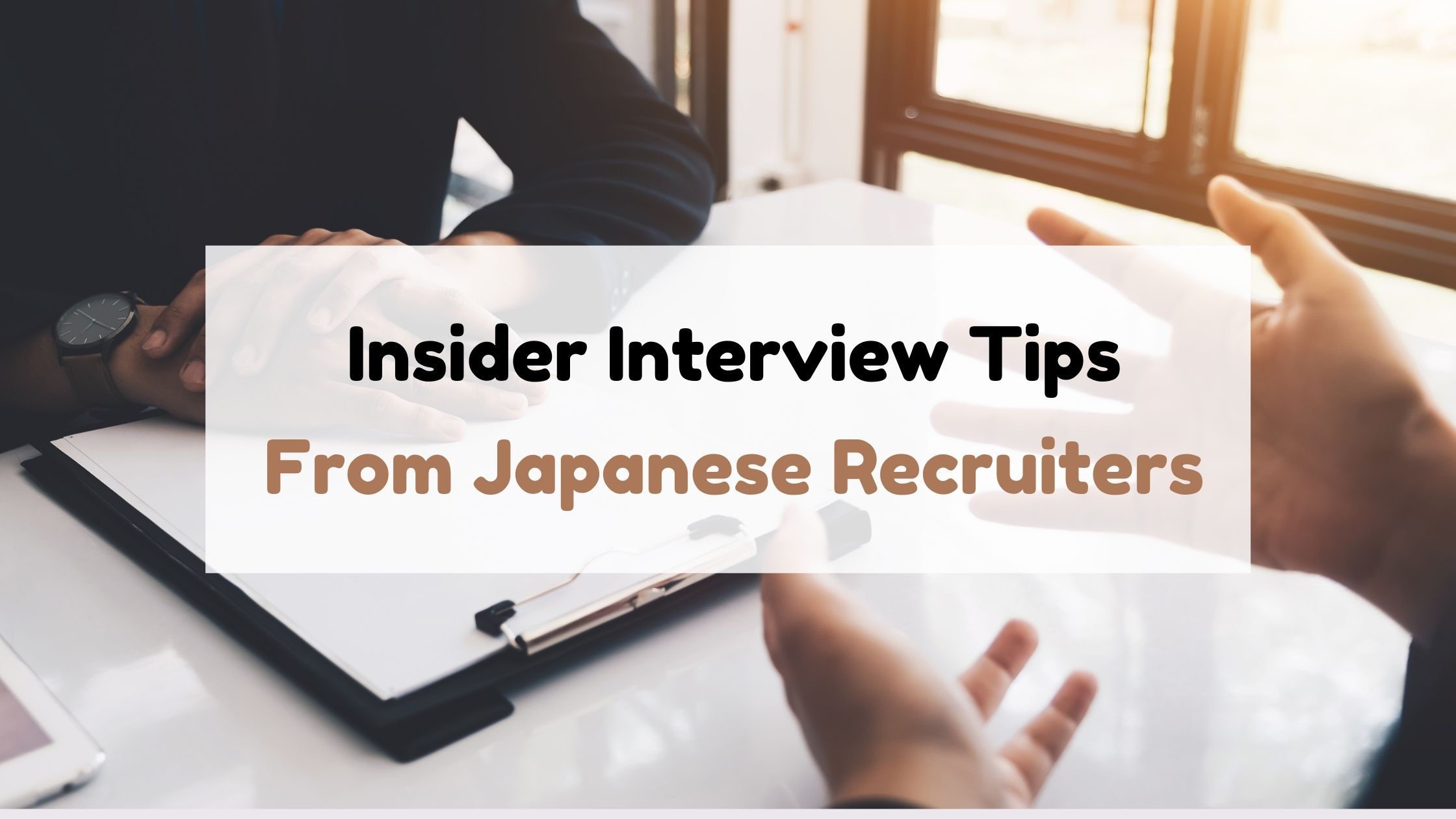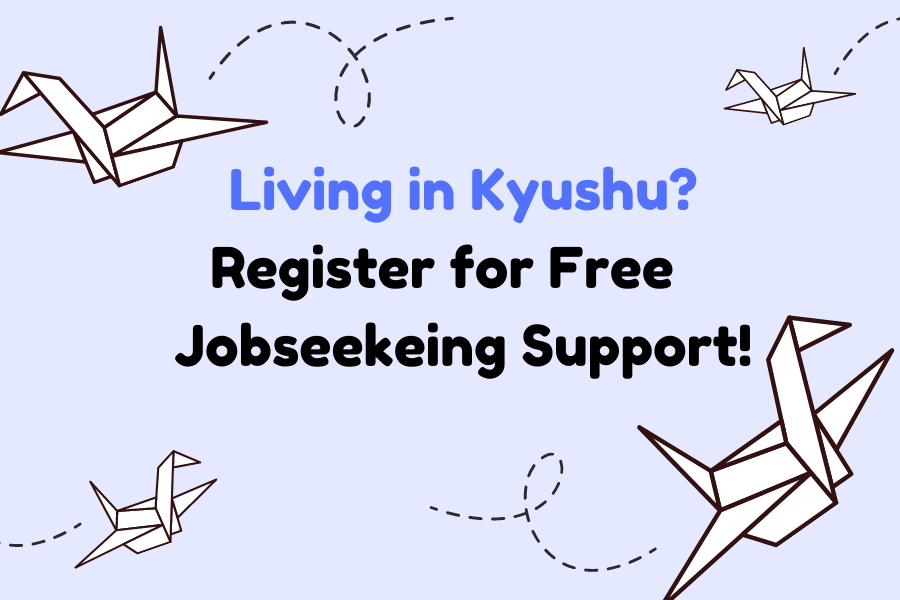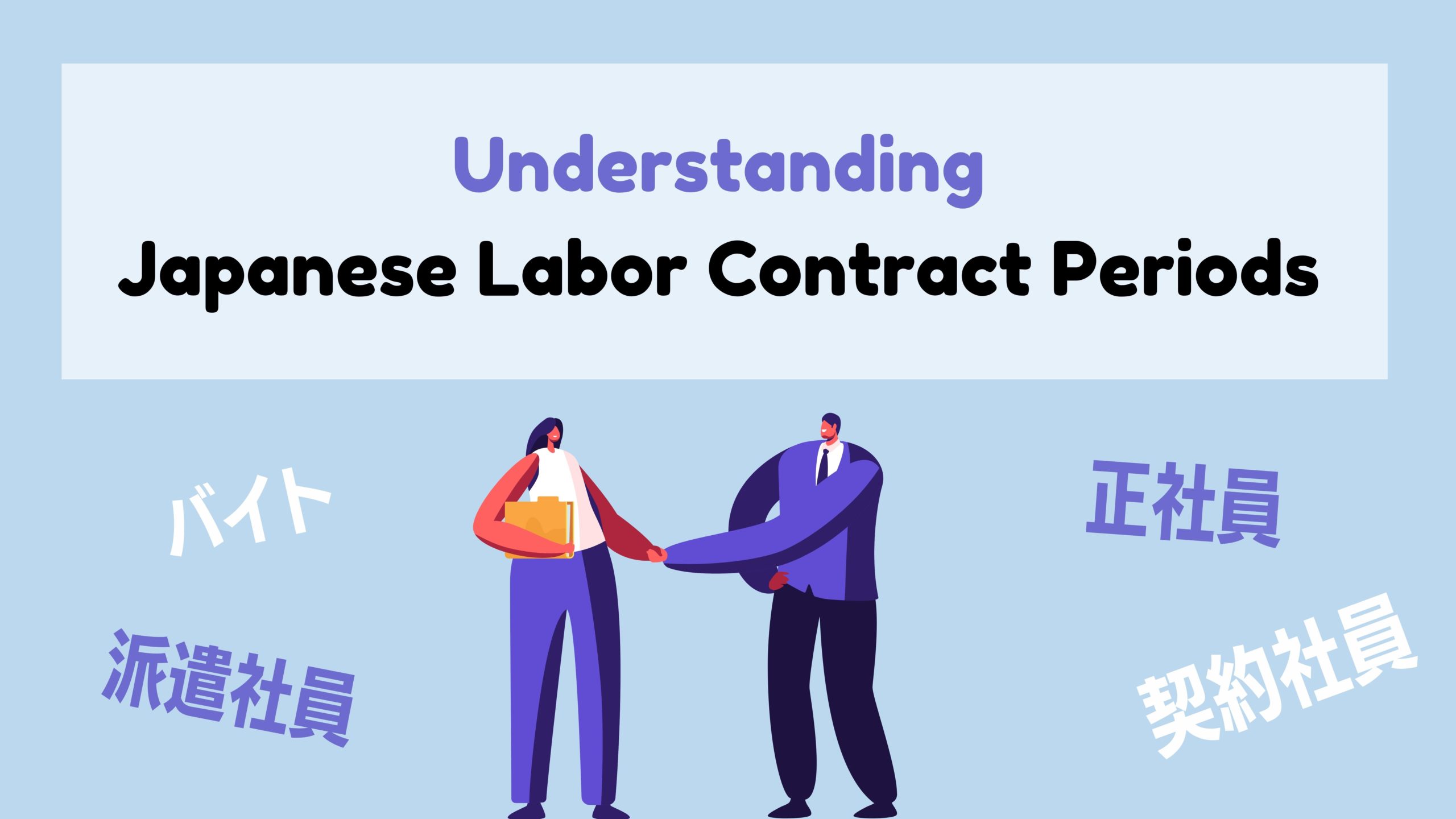While interviewing can be nerve-wracking anywhere, Japanese job interviews might feel even more so due to language barriers and cultural expectations that are unfamiliar to job seekers from overseas.
We asked some of the Japanese recruiters here at QBF for their insights on interviewing foreign job seekers and, what points foreigners looking for jobs in Japan perhaps need to be aware of when interviewing with Japanese companies.
Read on for their 生の声 (frank opinions), on what you should do to ace your next job interview!
Q1
Have you ever interviewed a foreign jobseeker? If so, please give some details.
K san: I have handled about 50 interviews with people from various countries, such as Bangladesh, Germany, Holland, France, Nepal, Vietnam, Mongolia, Uzbekistan, the Philippines and Thailand.
T san: Up until now, I have done many interviews, mainly with overseas students.
M san: Yes, I have interviewed some French and Chinese jobseekers.
Q2
What should an applicant do when they walk into an interview at a Japanese company (verbal/non-verbal cues)?
K san: You absolutely must say your name and greet the interviewer.
You can make a good first impression with the interviewer by saying,
「〇〇です。よろしくお願(ねが)いします。」
T san: Online interviews may be a little different from face to face, but looking the interviewer in the eyes and greeting them in Japanese (with a greeting like the one mentioned above), would be a good way to start.
M san: When you enter the room, greet the interviewers, smile, and introduce yourself.
"We are looking at an applicant’s good points but also trying to make sure that the applicant won't struggle working at a Japanese company. "
Q3
What are some important things applicants can do to prepare for a Japanese job interview?
K san: Three things to keep in mind are:
First, a presentable appearance – Since first impressions are vital, it’s best to dress appropriately for an interview, considering things like your clothing and hairstyle.
Second, your motivation for applying- In order to show your enthusiasm for joining the company you have applied to, you must give a precise reason for wanting the position.
Finally, knowing yourself and what your goals are before applying is very important.
It is essential to analyze yourself, taking into consideration your prior experience, what you want to do after joining the company, and any career goals you have.
T san: It is important to try to determine if you and the company you are interviewing with are a good match, in terms of the company’s mission and corporate culture.
I also think you should bear in mind that an interview is where you can show who you are. Remember to go into it with an open mind about the company.
M san: Of course, the job seeker’s skills, experience and whether or not they fit the desired criteria are a given. Besides these, we are looking at the applicant’s good points but also trying to make sure that the applicant won’t struggle working at a Japanese company.
We are also checking to see whether you might have a “self-perception bias”, in which your self-judgement may be distorted, but these things alone aren’t everything to interviewers. The important thing is to open your mind and try to communicate with us.
Q4
What’s “natural” to Japanese, but may not be so, to foreign job seekers?
K san: Japanese interview manners, such as knocking on the door of the interview room a certain number of times and waiting for the interviewer to allow you to sit, may be unfamiliar.
M san: Since an interview is an official setting, it’s important to follow the proper form. For example, knocking on the door, saying “Excuse me”, and waiting to be seated are good manners.
T san: At a Japanese job interview, while it’s okay to ask questions about salary, some firms will avoid hiring applicants who place too much emphasis on it.
Q5
What “gaps” have you experienced when interviewing foreigners?
K san: I feel like it depends on the person. I have never felt a gap with foreigners who know the Japanese language and are familiar with Japanese culture.
M san: When we interviewed a Chinese person, she said, “I can quit immediately”, but she was mistaken about her contract (Japanese people can also make such mistakes).
What’s more, some international job seekers tend to overemphasize their skills more than Japanese people are used to, saying things like, “I can do anything” or “Everyone likes me”, and we tend to wonder if that’s all true.
T san: I think that those experiencing a “gap” with foreigners make assumptions (have a bias) on their own side. I feel absolutely no gaps now when I speak with and interview foreigners.
"If foreign personnel follow the unwritten rules as Japanese do, diversity will suffer, so they shouldn’t do that."
Q6
What is your opinion about foreigners following the unwritten rules of Japan?
K san: I think these rules are unique to Japanese culture. Many foreigners cannot understand them, nor do they need to. Instead of relying on unwritten rules, people should use their words to communicate exactly what they are thinking.
T san: Innovation comes from various differences. If foreign personnel follow the unwritten rules as Japanese do, diversity will suffer, so they shouldn’t do that. However, the natural exception to the above is strictly observing the rules that are shared within the company.
M san: While it’s good that people study and understand Japanese culture and manners, I wonder what their true feelings are. Personally, I worry that they may be suffering in silence. I think it would be a waste if foreigners gave up everything at the expense of fitting into Japanese culture (such as their unique cultures and backgrounds) that makes them who they are.
Q7
What is one piece of advice you could give to foreigners looking to work in Japanese companies?
K-san: Nowadays, more and more Japanese firms are not so particular about following a fixed interview format. I think what matters most in interviews is conveying your desire to work with that company.
T-san: I have felt with foreign job seekers that research into their desired industries and the types of jobs they are applying for is lacking. I think you should have a clear idea of what kind of work you want to do in Japan.
M-san: When looking for work in Japan, I think that Japanese けいご and manners are difficult, but it’s the same for Japanese people, so please do your best in interviews. But at the same time, don’t lose sight of who you are. Don’t be afraid to ask others for help when you need it!
"The fact is, many Japanese companies regard Japanese language skills as paramount "
Q8
Is there anything else you would like to share with foreign job seekers?
K san: In recent years, more companies are looking beyond language, placing more weight on your actual skills. However, the current situation is that many Japanese firms regard Japanese language abilities as paramount.
In order to pass an interview, your Japanese skills will help you to beat the competition.
In summary
Get clear
Our three recruiters all mention the importance of getting clear on your career goals before going in to a job interview with a company.
Therefore, it is crucial to focus first of all, on what it is you want. This may involve doing a lot of research and talking to others for advice.
Choose carefully
The next step is to then focus on finding job listings that are in line with this kind of career. During this process, try to weigh your options carefully and resist the urge to take the first offer you receive, unless it is an offer that really resonates with you.
Look the part
Regarding appearance, although the formality and cookie-cutter look expected of job applicants may seem a little over the top, it is best to err on the side of caution, at least at a Japanese job interview. Investing in a suit might be wise, as Japanese people tend to place emphasis on appearance. As the recruiters mention, your first impression is very important.
Communicate from the heart
Whatever you do, just remember to be yourself. More than being able to follow cultural rules to the tee, showing sincerity, and being able to communicate are the most important things.
就職活動(しゅうしょく・かつどう)頑張(がんば)ってください!







